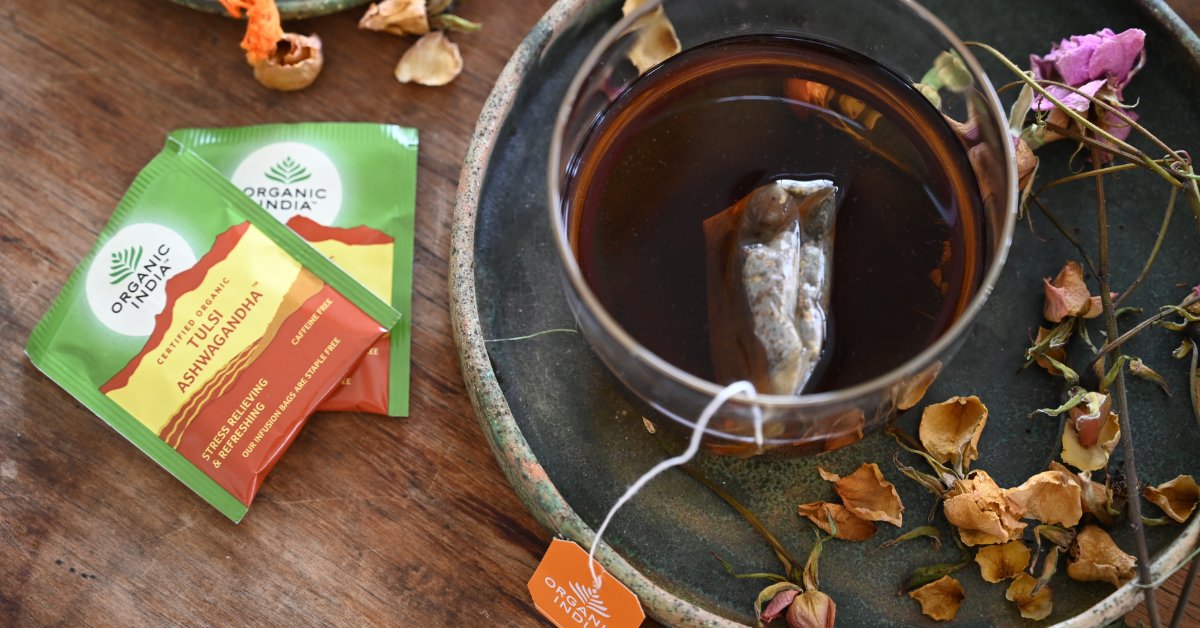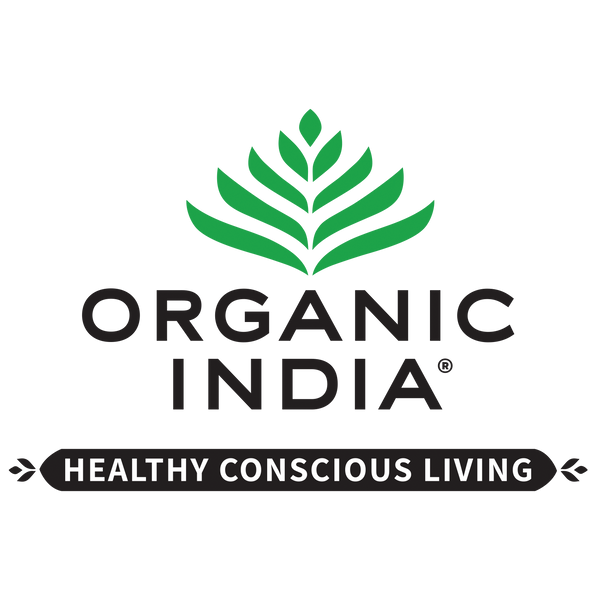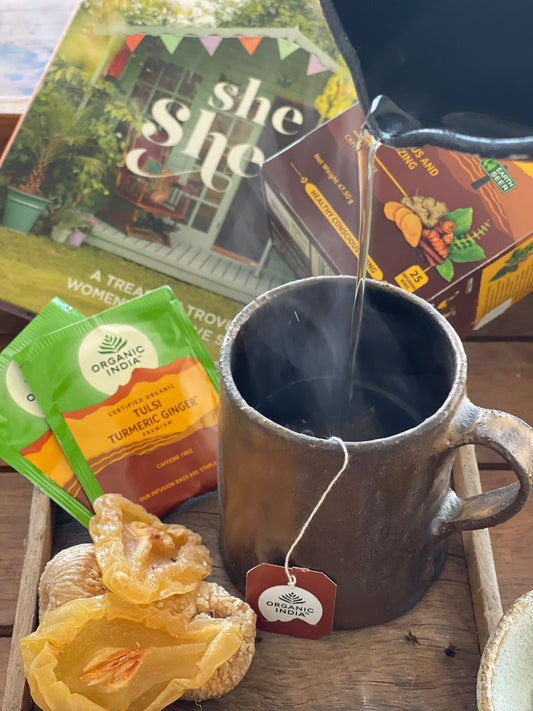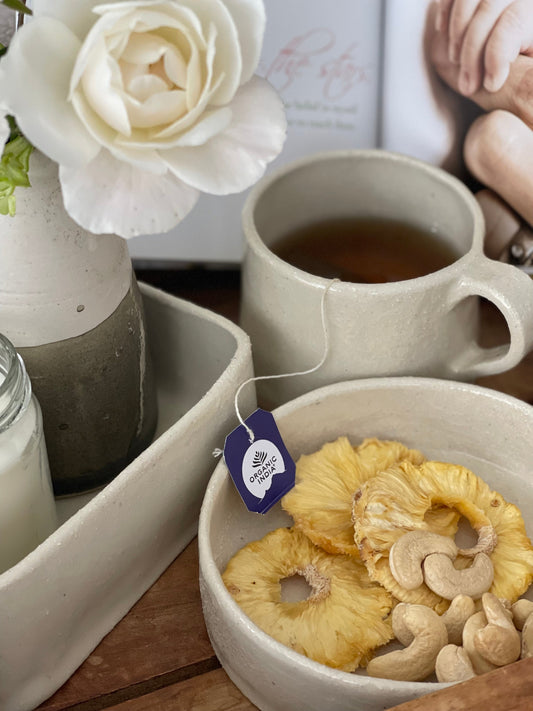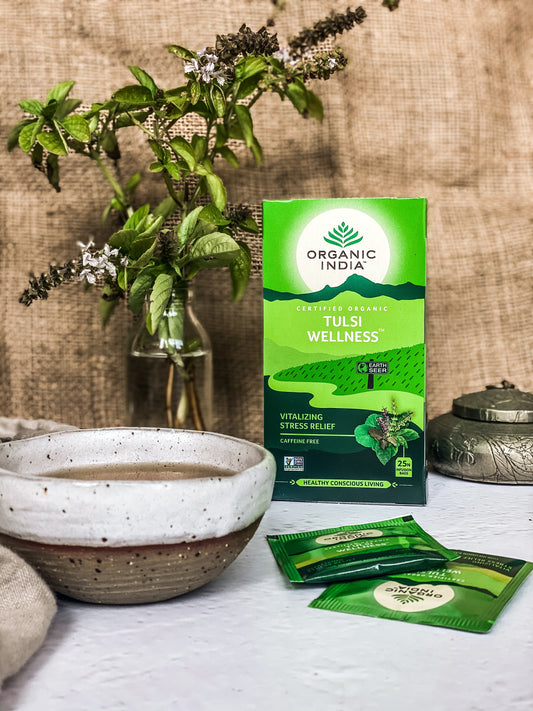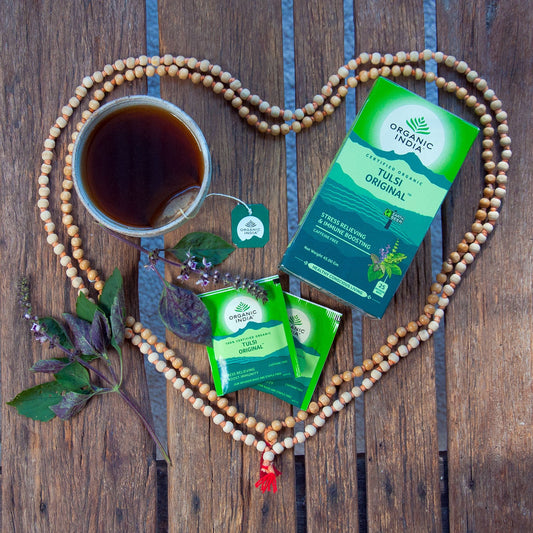Have you heard about the recent discussion on microplastics in teabags? A recent study published in the Journal of Environmental Science & Technology* has found single tea bags can release close to 12 billion microplastic particles and more than 3 billion even smaller nano-plastic particles into the water of your cup of tea. These levels were described as being thousands of times higher than seen in other foods.
Personally, I don’t want to consume anything involving plastic in contact with hot water. It’s why I prefer ceramic or glass teacups, mugs, teapots or stainless steel diffusers. If you’re like me, you also don’t want to be contributing to the demand for plastic products to be manufactured (especially single-use plastic), nor do you want to contribute to the release of microplastics into the environment.
WHAT ARE MICROPLASTICS AND WHY ARE THEY BAD FOR YOU?
Microplastics are small pieces of plastic less than 5mm in length. They are found in a variety of products, including cosmetics, synthetic clothing, plastic bags, bottles and some teabags.
In the Environment:
These plastics contain chemical additives that leach out after entering the environment and are not recyclable or biodegradable, therefore as opposed to breaking down, they accumulate.
Microplastics have been found in oceans, freshwater ecosystems and in the air. Zooplankton ingest the plastics which then work their way up the food chain to fish, birds and humans (bioaccumulating). It now seems ubiquitous in the environment, so much so that they have been detected in drinking water, beer, seafood and salt.
In People:
The effect on humans of ingesting micro-particles in our tea is still uncertain, however, microplastics do contain a variety of components known to harm human health. Recent studies* and experts** suggest this includes hormone-disrupting chemicals, human carcinogens and could lead to behavioural and developmental effects.
PLASTIC TEA BAGS VS PAPER TEA BAGS
In the news recently there have been reports of several tea manufacturers using plastic in their tea bags. They are either using polypropylene, a sealing plastic, on their paper tea bags to keep their tea bags intact, or the actual tea bag itself is made out of plastic, not paper.
Paper tea bags are made entirely from paper and contain no plastic either in the bag or as a sealant. However, the paper can either be bleached or unbleached. Very white teabags might have been bleached with chlorine, a toxin to us and the environment.
ORGANIC INDIA TEA BAGS
Thankfully, rest assured, ORGANIC INDIA’s Tulsi Tea bags are made from unbleached filter paper, which comes from the cellulose fibre of the Abaca plant, so it is completely plastic-free. It’s also unbleached and chemical-free & biodegradable, therefore completely safe to compost as well. ORGANIC INDIA has also invested in new machinery to enable the bags to become staple-free (instead, they are being tied with a cotton thread). Additionally, the tags on the tea bag use soy-based ink.
